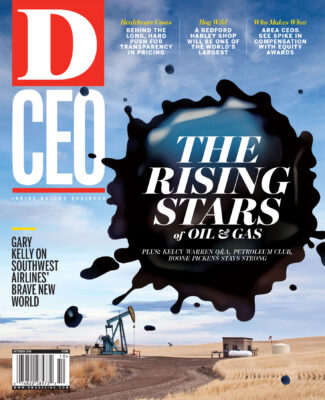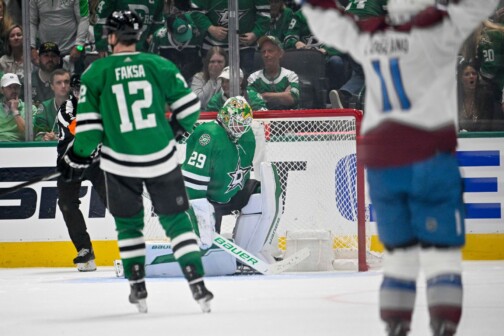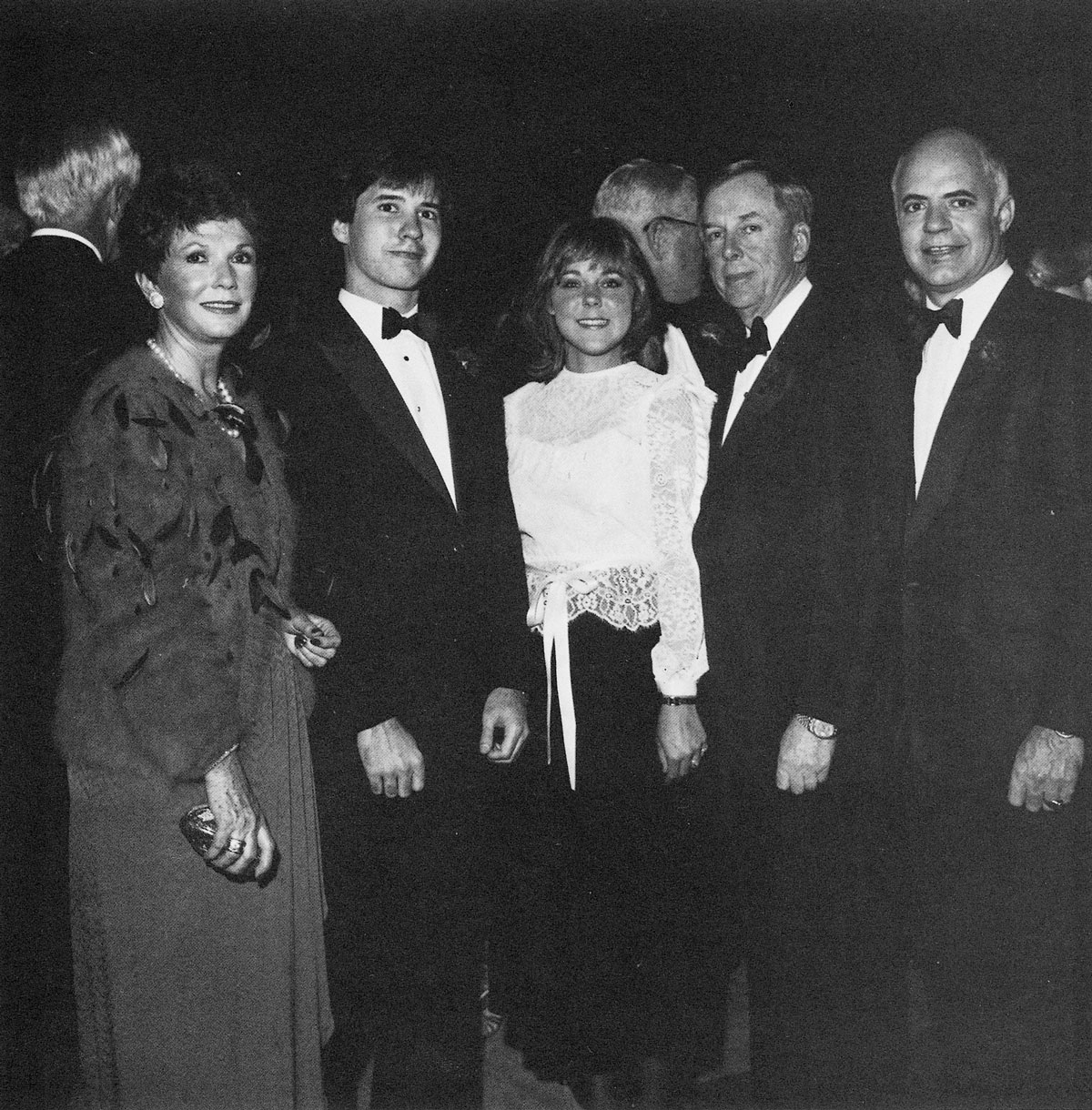
The club, which occupies the 39th and 40th floors of Chase Tower in downtown Dallas, was established in 1934, in the era of the wildcatter, when oilmen such as H.L. Hunt, Algur Meadows, Clint Murchison Sr., and Grady H. Vaughn Sr. were making history. In the midst of the East Texas oil boom, born in 1930 when Columbus Marion “Dad” Joiner struck oil about 120 miles east of Dallas, the city was becoming the financial center for the industry in Texas, and the Petroleum Club would become the exclusive meeting place for those larger-than-life men.
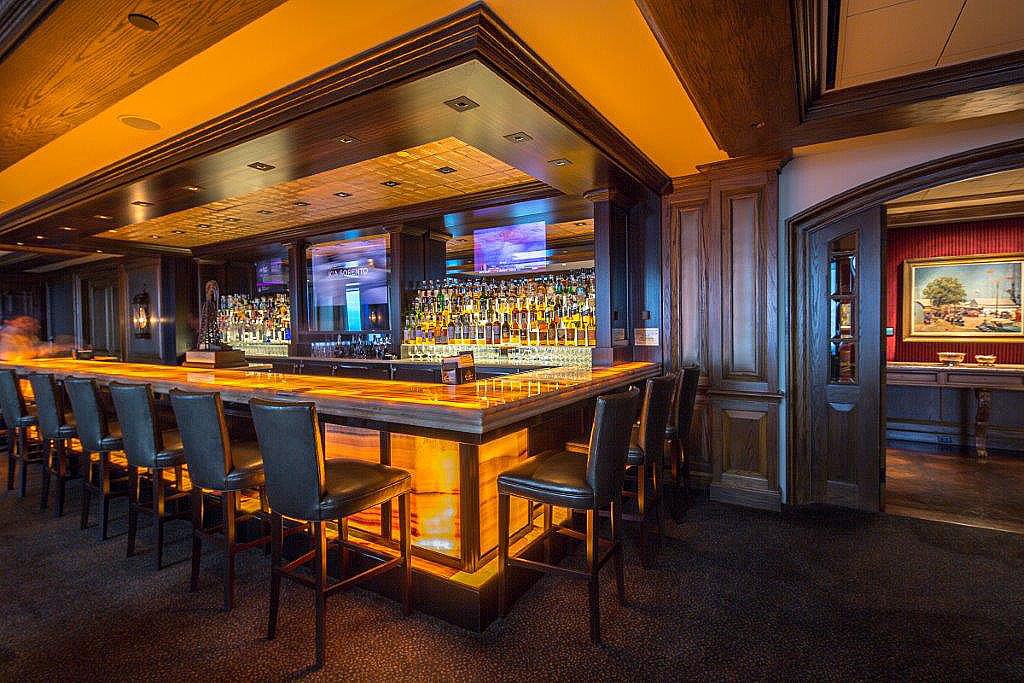
Until the mid-1980s, membership in the Petroleum Club was limited to white men, and women had a separate dining room. But those days are gone.
The club set up shop in the Baker Hotel on Commerce Street, after signing a $6,000-a-year lease agreement. The first annual dinner and dance, marking the formal opening of the DPC, was held Feb. 9, 1935. About 850 people attended. In 2014, attendance for the event at the Omni Dallas Convention Center Hotel was capped at 1,600—with a waiting list, says Paul Parchment, the club’s chief operating officer and general manager.
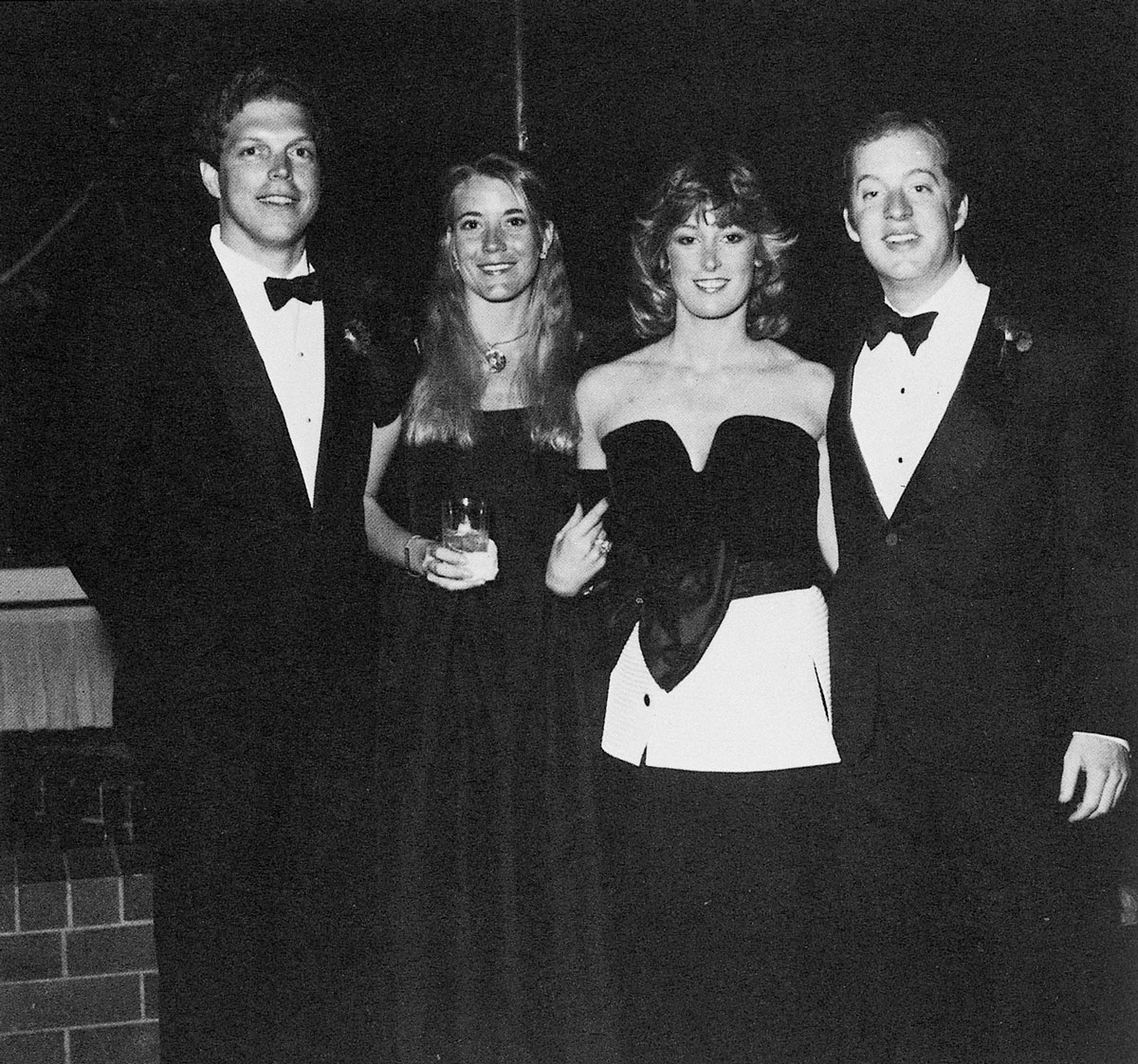
“Trammell Crow gave the club a $2 million finish-out allowance and guest lease,” Parchment says. “He was here every day.”
For many of the founding members, the Petroleum Club has been a family affair. Grady Vaughn Sr.’s sons, Grady Jr. and Jack, were members, and their own sons have carried on the tradition.
“I remember growing up, and especially when I was in high school and college, having lunch at the Petroleum Club with my dad [Jack Vaughn Sr.]” says Robie Vaughn, owner of Vaughn Petro LLC. “To me, it was always a father-and-son deal. We always wore coats and ties.”
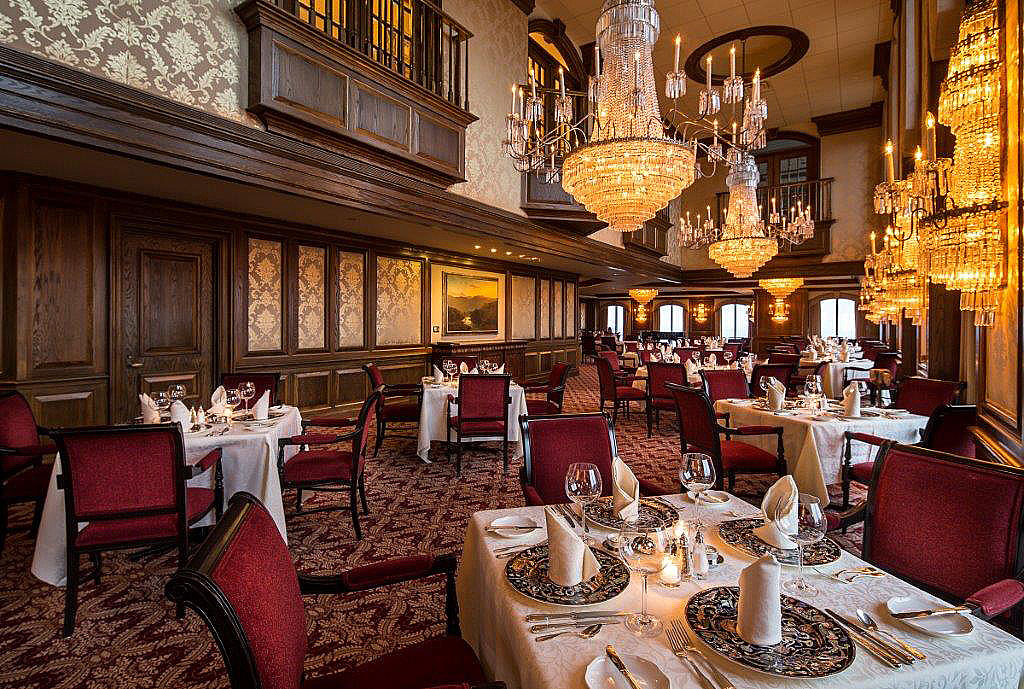
The once-strict formal dress code has been relaxed to business casual. The rules now allow for jeans and collared shirts, “provided they are clean, neat, and in keeping with the traditions of good taste and style exhibited at the Dallas Petroleum Club,” Parchment says. Membership, still by invitation only, has broadened. About 65 percent of the members work in the oil industry, with a good number of attorneys, investment bankers, and accountants added into the mix.
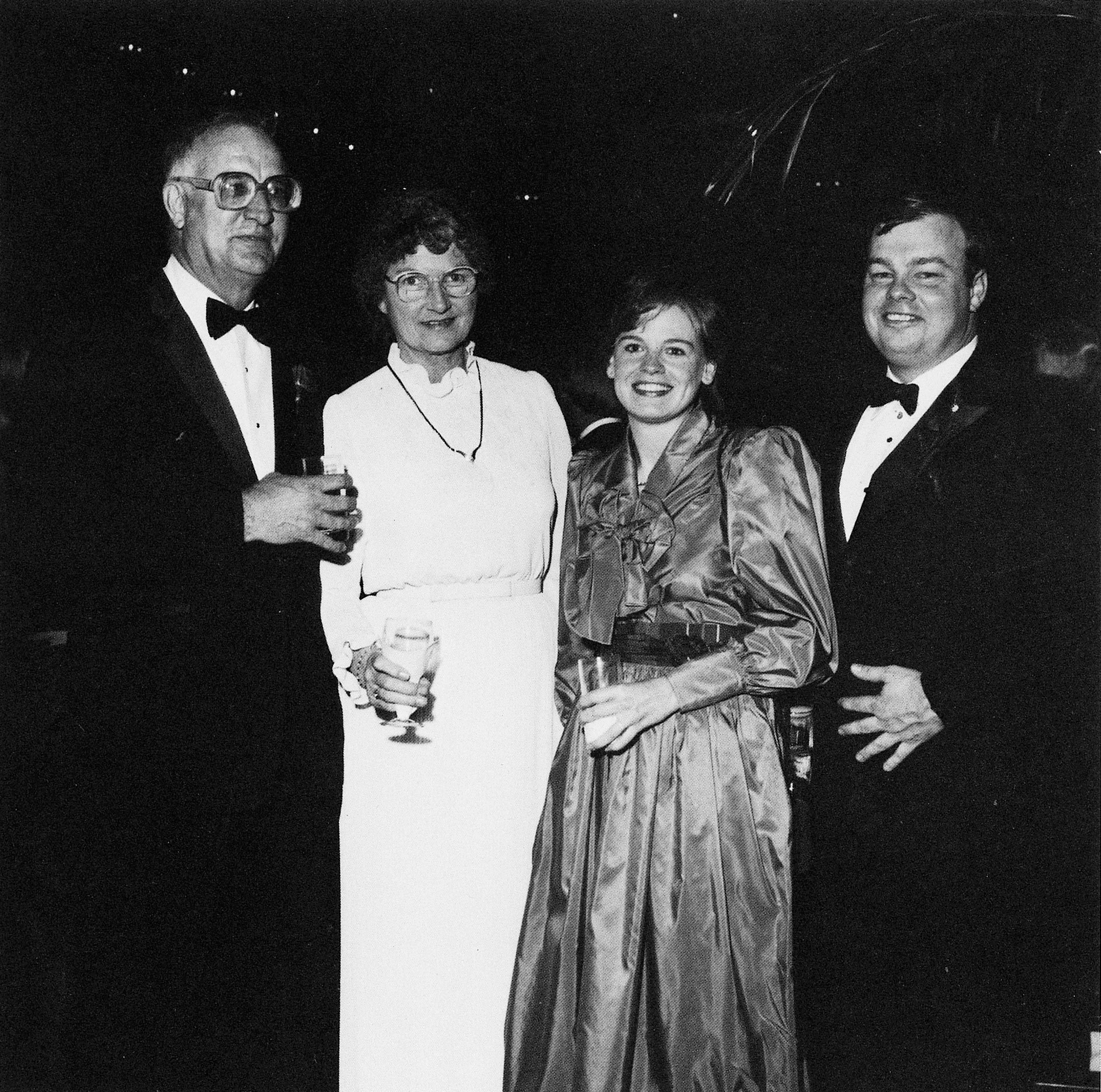
Attracting a younger demographic is key to the club’s future, says current president E. Murphy Markham IV, a partner at EnCap Investments LP. But the role of the Dallas Petroleum Club hasn’t changed, he says: “It is the same as when it was incorporated in 1934—providing the Dallas oil and gas community a stimulating atmosphere where members conduct business, gather socially, and expand culturally.”



